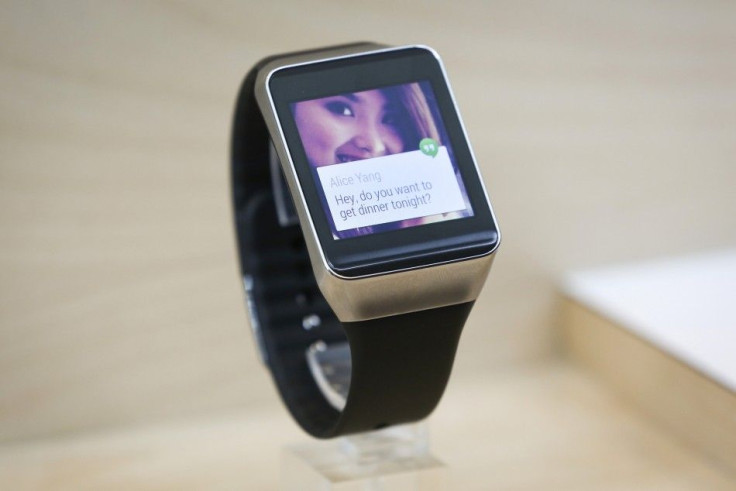Dot: a Braille smartwatch that help visually impaired access digital information

While tech companies are working towards making smartwatches feature rich, a South Korea based startup has developed a smartwatch named "Dot," which will aid visually impaired individuals to access digital information. The Dot smartwatch is likely to be launched this December and is expected to be priced under $300, provided the startup secures $1 million during its second round of funding in August, according to reports.
According to a report on Ubergizmo, the Dot smartwatch sports four groups of Braille with six dots in each group, which allows the smartwatch to raise the Braille and make four characters available at a time at a cycle speed that ranges between 1-100 per second. Dot can run for 10 hours per charge, however, as per the company, average users can charge the smartwatch every five days, reports Digital Trends. The vibrator motor available inside alerts users about the incoming notifications, which are sent to the smartwatch via Bluetooth from a phone. According to a report on Popular Science, the Dot smartwatch looks like a “ cross between a Fitbit and a Pebble Time.”
Dot co-founder and CEO Eric Ju Yoon Kim aims at increasing Braille literacy among the blind through the Dot smartwatch. “90 percent of blind people become blind after birth, and there’s nothing for them right now-they lose their access to information so suddenly,” the Digital Trends report quoted Kim, as saying. Kim explains that Dot can be a lifeline for the visually impaired as they can learn Braille and access information with the help of their fingers.
The South Korean startup is also in plans to implement the same technology used in Dot into other utility products like microwaves, rice cookers and ATMs. The Dot smartwatch could play a major role in helping the visually impaired to catch up with the growing trend of wearable products and it could also be used as an educational tool, reports Popular Science.
(For feedback/comments, mail the writer at feedback@ibtimes.com.au.)






